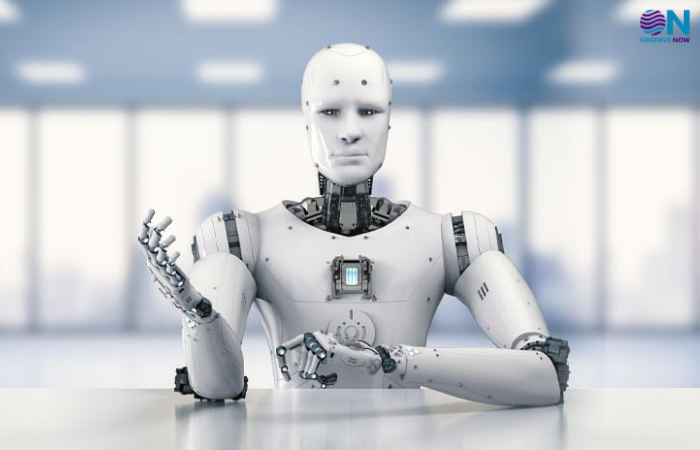Artificial Intelligence Emerges as a Defining Opportunity for Global Businesses

Artificial intelligence is rapidly ascending to the forefront of business strategy, viewed by global leaders not as a distant possibility but as an immediate and transformative force. Across industries, decision-makers are increasingly aligning their long-term growth plans around the integration of AI, recognizing its capacity to radically improve productivity, redefine customer experiences, and reimagine operating models.
From manufacturing and retail to financial services and healthcare, organizations are deploying AI to streamline processes, personalize offerings, and gain predictive insights. Enterprises are moving beyond pilot projects and now embedding AI into mission-critical workflows—automating tasks, accelerating data-driven decisions, and enhancing operational agility. The urgency to adopt AI is being further fueled by a volatile global environment where economic uncertainties, supply chain disruptions, and geopolitical tensions have heightened the demand for more adaptive and intelligent systems.
AI is also beginning to impact workforce strategies. As routine and repetitive roles get automated, companies are shifting focus toward building a future-ready workforce equipped with hybrid skillsets that combine digital literacy, domain expertise, and adaptability. At the same time, AI is unlocking new kinds of roles—such as prompt engineers, AI ethicists, and model auditors—suggesting that innovation will be accompanied by the evolution of employment, not just displacement.
The momentum is particularly strong in fast-growing economies like India, where enterprises are adopting AI at scale to leapfrog legacy systems and enhance service delivery. Whether it’s in automating back-office functions in business process outsourcing, enabling hyper-personalized banking, or deploying AI-powered diagnostics in healthcare, the potential applications are broad and deep. Many organizations are also investing in scalable AI infrastructure, model governance, and responsible AI frameworks to ensure that adoption is not just fast, but also ethical and sustainable.
What sets this wave of AI apart is its reach across both digital-native startups and traditional enterprises. Tech-forward companies are harnessing generative AI to create content, write code, or simulate business scenarios, while legacy firms are applying AI to improve inventory forecasting, customer service, and cybersecurity. The convergence of cloud computing, big data, and machine learning has made AI more accessible, allowing organizations of all sizes to experiment, iterate, and innovate.
Ultimately, the conversation around AI has evolved from experimental curiosity to strategic imperative. Business leaders now see it not merely as a tool but as a cornerstone for long-term competitiveness. As the technology matures and adoption deepens, AI is poised to become the most powerful driver of economic value, organizational transformation, and innovation in the coming decade. The companies that act decisively today will be the ones that define the business landscape of tomorrow.
















